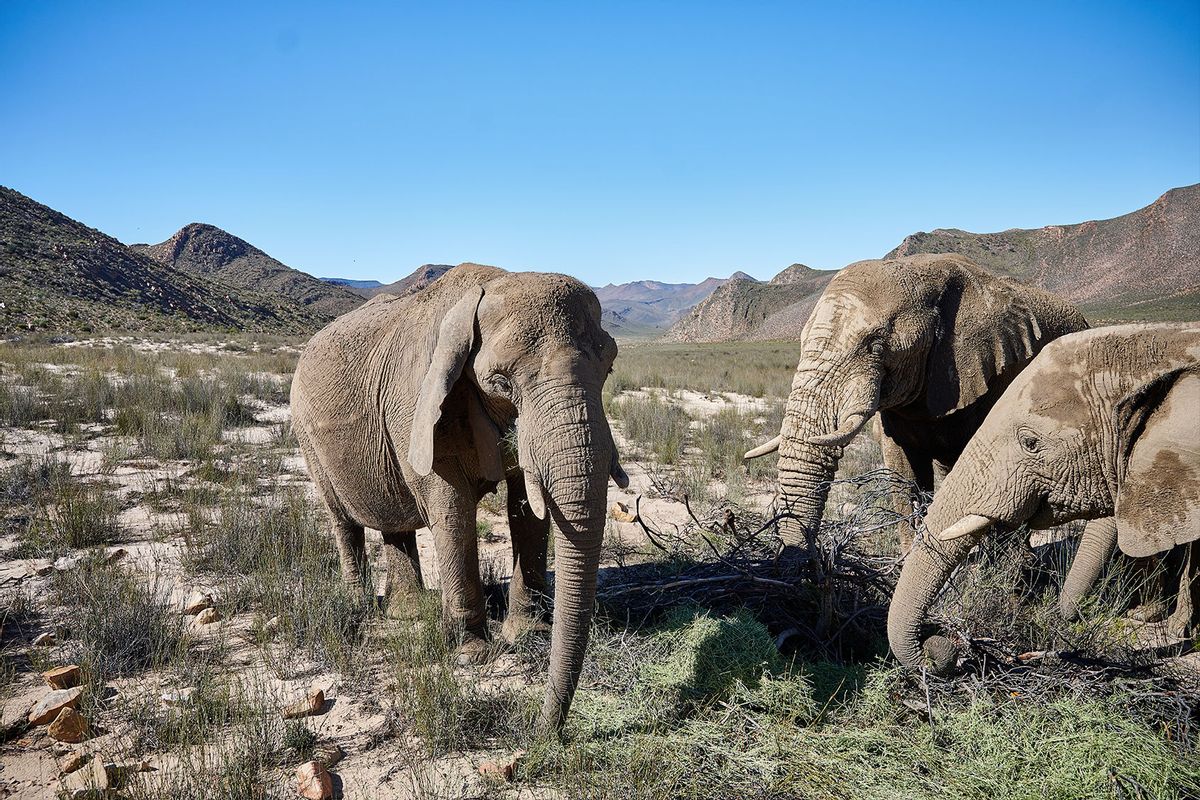Do elephants have names for each other?
Elephants seem to use personalized calls to address members of their group, providing a rare example of naming in animals other than humans. According to Michael Pardo, a behavioural ecologist at Cornell University, elephants' communication may be even more complex than previously realized.
Other than humans, few animals give each other names. Bottlenose dolphins (Tursiops truncatus) and orange-fronted parakeets (Eupsittula canicularis) are known to identify each other by mimicking signature calls. In contrast, humans use names that have no inherent association with the people or objects they refer to. Pardo suspected that elephants might also have names for each other due to their extensive vocal communication and rich social relationships.

Research Findings
Between 1986 and 2022, Pardo and his colleagues recorded the deep rumbles of wild female African savannah elephants (Loxodonta africana) and their offspring in various national parks in Kenya. Their findings, published in Nature Ecology & Evolution, revealed that the elephants' calls contain specific information intended for individual elephants.
Acoustic communication plays a crucial role in elephant interactions, with low-frequency rumbles traveling over long distances to convey various messages such as greetings, threats, or navigation cues.
A machine-learning technique analyzed 469 rumbles, correctly identifying the addressed elephant 27.5% of the time, indicating a deliberate addressing. When recordings were played to 17 elephants, the elephants reacted more vocally and swiftly when hearing their 'name' compared to calls directed at others.
Future Studies
The next step for researchers is to determine how elephants encode information in their calls. This discovery could lead to further insights into elephant communication and social dynamics.

Hannah Mumby, a behavioural and evolutionary ecologist at the University of Hong Kong, views these findings as a promising start, emphasizing the importance of understanding elephants' social relationships for conservation efforts.
For further reading on this topic, you can refer to the original article published in Nature Ecology & Evolution here.










